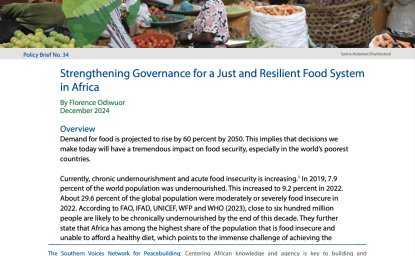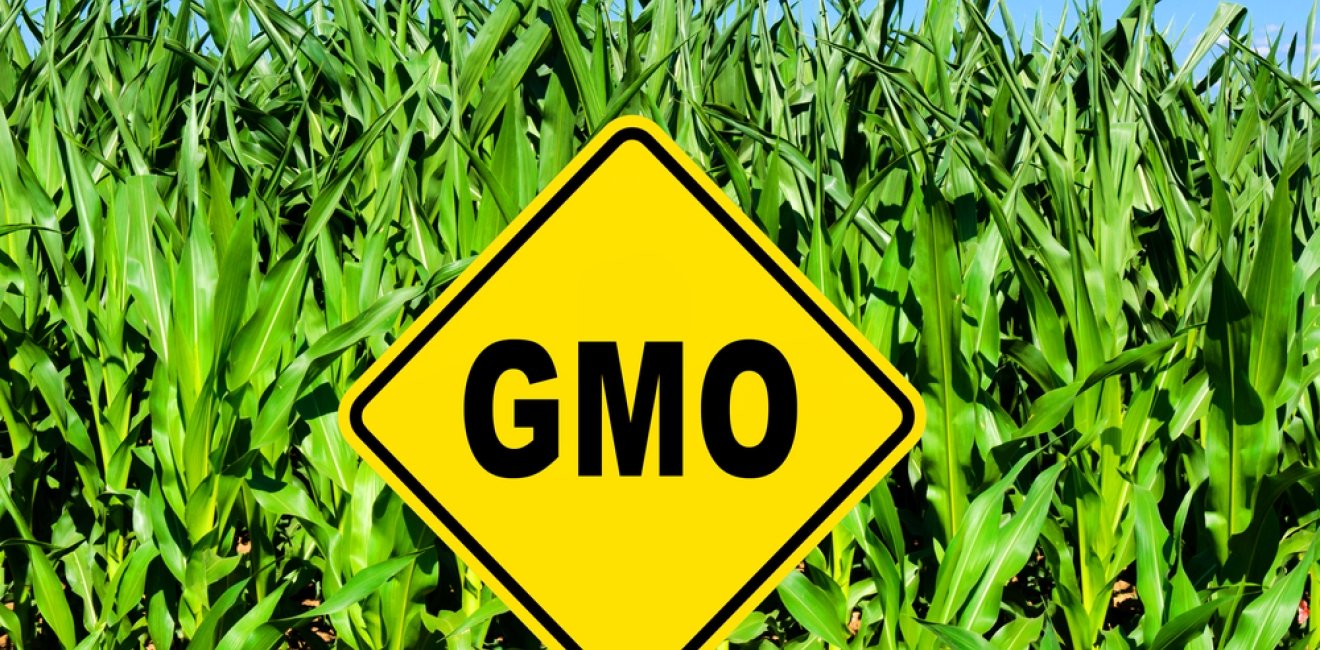On February 13, 2023, former president of Mexico, Andrés Manuel López Obrador, issued a decree prohibiting the use of genetically modified corn for dough and tortillas and instructed the Mexican government to gradually transition away from using genetically modified corn for animal feed. Between January and September 2024, the United States Department of Agriculture (USDA) Foreign Agriculture Service (FAS) reported that the United States exported US$10.76 billion in corn, of which US$4.25 billion went to Mexico, making Mexico the largest importer of US corn.1 According to USDA, more than ninety percent of corn in the US is produced using genetically engineered varieties. Due to the amount of genetically modified corn produced in the US and the value of corn exported to Mexico, the US initiated dispute settlement procedures under Chapter 31 of the United States-Mexico-Canada Agreement (USMCA).
Dispute Settlement Procedures
Under Chapter 31 of the USMCA, the complaining party must first request consultations with the party it believes violates the USMCA. In this situation, the US requested consultations with Mexico to resolve the genetically engineered corn decree dispute. If the US and Mexico did not resolve the dispute within seventy-five days, either party could request the establishment of a dispute resolution panel to resolve the matter. The US requested establishing a dispute resolution panel on August 17, 2023.
US Allegations
In its initial written submission to the USMCA dispute panel, the US alleged that Mexico’s decree violated USMCA provisions, specifically Articles 2 and 9. First, the US alleged that Mexico violated Article 9.6.3 by not “[basing] its measure on relevant international standards, guidelines, or recommendations or an appropriate risk assessment.”2 The US then argued that Mexico violated Article 9.6.6(a) by failing to “[e]nsure its measure applies only to the extent necessary to protect human, animal, or plant life or health.”3 Next, the US claimed that Mexico violated Article 9.6.6(b) by failing to “[e]nsure its measure [is] based on relevant scientific principles, taking into account relevant factors.”[4] The US further alleged that Mexico violated Article 9.6.7 by failing to “[c]onduct its risk assessment concerning a sanitary and phytosanitary regulation in a manner… that is documented and provides the other Parties and persons of the Parties an opportunity to comment.”[5] Next, the US alleged that Mexico violated Article 9.6.8 by failing to “[e]nsure that each risk assessment it [conducted was] appropriate to the circumstances… and [took] into account relevant guidance of the WTO SPS Committee and relevant international standards, guidelines, and recommendations of the relevant international organization.”[6] The US also argued that Mexico violated Article 9.6.10 by implementing measures “more trade-restrictive than required to achieve a defined level of protection.”[7] Lastly, the US claimed that Mexico violated Article 2.11 by “adopt[ing] or maintain[ing] a prohibition or restriction on the importation of a good of another Party.”[8]
Mexico’s Response
Mexico’s initial written submission to the USMCA dispute panel refutes all of the United States allegations. First, Mexico argued that the decree under dispute was based on scientific principles published in a public report titled “Scientific Record on Glyphosate and GM Crops.”[9] Next, Mexico argued that the gradual transition away from using genetically engineered corn for animal feed does not fall within the scope of Article 9 of the USMCA or Annex A of the Sanitary and Phytosanitary Measures (SPS) Agreement.[10] The Mexican government further argued that if the panel finds the gradual transition does fall within the scope of Article 9 of the USMCA and Annex A of the SPS Agreement, the US relied on the wrong provisions when it challenged the gradual transition. Additionally, Mexico argued that the gradual transition falls under Articles 9.6.4(c) and 9.6.5 of the USMCA and Article 5.7 of the SPS Agreement, which both allow a party to adopt provisional sanitary and phytosanitary measures.[11] Mexico then argued that its decree was not inconsistent with international standards because the USMCA enables a party to consider standards other than those in the Agreement when those standards do not meet the party’s appropriate level of protection.[12] Afterward, Mexico argued that the decree did comply with Article 9.6.10 because Mexico considers genetically engineered corn a severe threat to human and plant health. Mexico claimed that it could implement a trade-restrictive measure “required to achieve the level of protection that the party has determined to be appropriate.”[13] Lastly, the Mexican government argued that the decree falls outside the scope of Article 2.11 of the USMCA because the decree affects the end use of genetically engineered corn regardless of where the corn is produced.[14]
Next Steps
The US and Mexico presented arguments at the dispute panel hearing in June 2024. If the USMCA dispute panel determines that Mexico violated the USMCA, the US and Mexico will have forty-five days to agree to a resolution. If the parties cannot agree on a resolution, the USMCA would allow the US to suspend benefits to Mexico “of equivalent effect to the non-conformity or the nullification or impairment until the disputing parties agree on a resolution to the dispute."[15] If Mexico determines that the US’s suspension of benefits is excessive, it can request the dispute panel to reconvene. The final report by the USMCA dispute panel is expected by the end of 2024.
[3]
[4] Id. at P. 56.
[5] Id. at P. 57.
[6] Id. at P. 59.
[7] Id. at P. 60.
[8] Id. at P. 62.
[9] Mexico-Measures Concerning Genetically Engineered Corn Initial Written Submission of the United Mexican States, MEX-USA-2023-31-01, Page 90 (Jan. 15, 2024).
[10] Id. at P. 91-4.
[11] Id. at P. 105-7.
[12] Id. at P. 109.
[13] Id. at P. 131.
[14] Id. at P. 137-8.
[15] United States-Mexico-Canada Agreement, Pub. Law 116-113, 31.19 (Jan. 29, 2020).

Single Promo
Testing stuff
Test test test 4.
- Corn Exports, Global Agricultural Trade System Online, Foreign Agricultural Service (standard query run on Nov. 11, 2024).
- <em>Mexico-Measures Concerning Genetically Engineered Corn Initial Written Submission of the United States of America</em>, MEX-USA-2023-31-01, Page 40 (Oct. 25, 2023).
- <em>Id</em>. at P. 52.
- asdf
Author


Mexico Institute
The Mexico Institute seeks to improve understanding, communication, and cooperation between Mexico and the United States by promoting original research, encouraging public discussion, and proposing policy options for enhancing the bilateral relationship. A binational Advisory Board, chaired by Luis Téllez and Earl Anthony Wayne, oversees the work of the Mexico Institute. Read more

Explore More
Browse Insights & Analysis
Strengthening Governance for a Just and Resilient Food System in Africa

Report 3: Mexico's Farm Labor Market June 2024

US Agricultural Success Built on US-China Scientific Exchange



